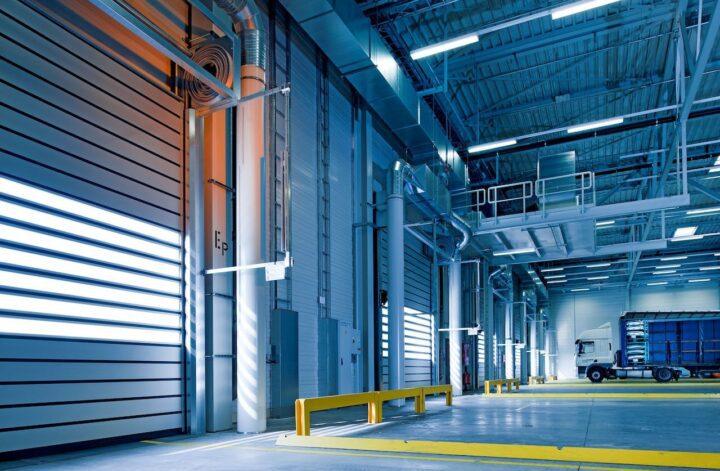As a business owner, you already know that the heartbeat of productivity is the machinery that powers your operations. Honestly, it doesn’t matter what industry you’re in, because just about every industry and job is going to have some pretty important tools and equipment that make up what your business is meant to be.
However, ensuring the safety of these critical assets is paramount. While general workplace safety for you and your employees is vital, this just isn’t the only thing. Machinery accidents not only jeopardize the well-being of your workforce but can also disrupt production and lead to financial repercussions. It is something that no business would ever want to deal with.
So, with that said, what can you do to protect your equipment, especially if you’re in the manufacturing sector? Well, here are some comprehensive strategies to keep machinery safe in your manufacturing business, which will help in creating a secure environment for both your equipment and your employees.
It All Starts with Employee Training
So, the foundation of machinery safety starts with a well-informed and trained workforce. This is probably fairly obvious, right? Well, you’ll need to establish comprehensive training programs that cover the safe operation, maintenance, and emergency procedures related to each piece of machinery. So this should also ensure that all employees, from operators to maintenance staff, are well-versed in safety protocols and are continually updated on best practices.
Start Doing Regular Equipment Inspections and Maintenance
When it comes to any equipment, regardless of how cheap or how intricate it is, you’ll need to understand that preventive maintenance is the backbone of machinery safety. This can’t be pushed off whatsoever! So, you should go ahead and establish a rigorous schedule for regular inspections, lubrication, and maintenance tasks.
This can take time, and yes, it takes up a bit of money and resources, too, but at the end of the day, it’s worth it. It’s worth it to prevent issues from happening down the line. Simply put, addressing wear and tear promptly not only extends the life of the machinery but also reduces the risk of unexpected breakdowns that could compromise safety.
Have a Special Room for Certain Equipment
Alright, this should have been obvious, but for a lot of manufacturers, especially new or starting out, they don’t know about this or think it’s a waste of resources. But it’s not. It’s going to help you out a lot if you invest in special rooms, such as a blast room if you need to clean or put something abrasive on a product. This alone can protect everyone and your equipment. Not all equipment can work nicely together, so be sure to keep that in mind.
How’s the Ventilation?
Some manufacturing processes generate fumes, dust, or other airborne contaminants that can pose health and safety risks. While yes, these can cause major health risks, they can still go beyond that. The lack of ventilation, thanks to particles floating around in the air, could have the potential to damage your machinery, too. So be sure to regularly maintain and monitor these systems to ensure their effectiveness.




